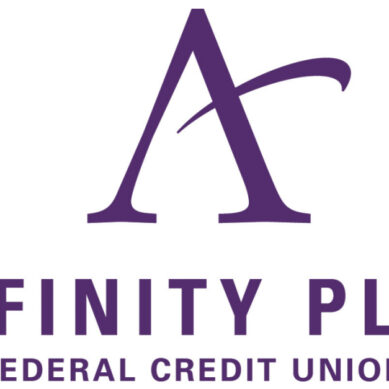Read more at the Washington CU Daily
Marijuana banking, not bank access to military bases, may emerge as a major issue for credit unions as the Senate prepares to consider its version of the annual defense authorization bill.
In the past, banks and credit unions have battled over whether banks should be given the same free rent benefits on military bases that credit unions now receive. This year, neither the House-passed version of the defense bill nor the bill the Senate is preparing to debate have the provision, so a major fight may be averted. The House bill calls for a study on the rent issue.
Marijuana banking may seem like an unlikely subject to find in a defense authorization bill, but the defense measure is considered a must-pass bill, so House supporters of marijuana banking proposed an amendment dealing with the issue and the House accepted it.
The amendment would give financial institutions a safe harbor from regulatory sanctions for simply providing financial services to a marijuana-related business. It is the same as free-standing legislation that the House already has passed.
The Senate bill does not mention marijuana banking and Senate Democratic leaders have said they want to consider marijuana banking provisions as part of an overall marijuana decriminalization bill.
Three credit union trade groups—the National Association of Federally-Insured Credit Unions, the Credit Union National Association, and the Defense Credit Union Council—sent a letter last week to leaders of the House and Senate Armed Services Committee supporting the House position.
“Inclusion of the SAFE Banking Act puts in place necessary protections to bring revenue from state-sanctioned cannabis businesses into the financial services mainstream and, as a result, keeping communities safe,” the groups said, using the acronym for the bill.
They also endorsed a plan to include language in the defense bill to authorize remote online notarization and the creation of standards and protections for its use.
“The COVID-19 pandemic has complicated person-to-person contact and made it difficult, if not impossible in some cases, to secure in-person notary services,” the groups said, adding that some—but not all—states allow remote notarization.
They also asked the committee leaders to reject a House plan to limit the credit reporting information available on servicemembers. “While these provisions may be well-intentioned, we are concerned a blanket block on certain types of data increases the risk profile of all servicemembers and, in turn, encumbers their access to credit from reputable lenders,” they wrote.





























































